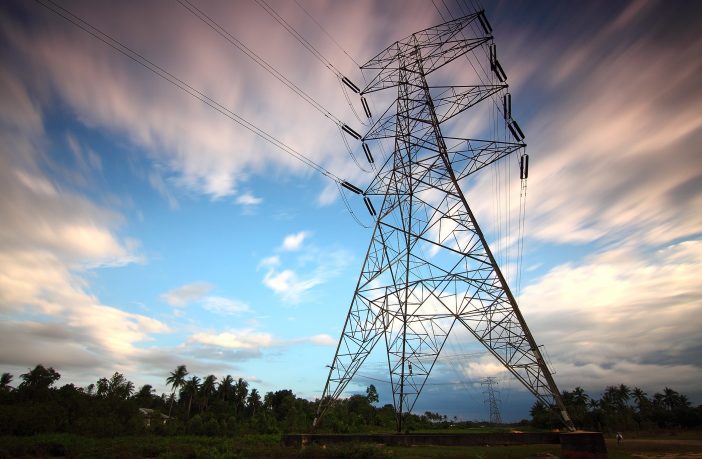- South Africa’s Energy Minister Mr Jeff Radebe was speaking at the DLO Africa Power Roundtable 2019 today.
- He announced that country’s IRP will secure the participation of Independent Power Producers (IPP) side by side with Eskom and municipalities.
- Municipalities need to be rewarded to the extent of the revenue loss that emanates from energy efficiency.
- Financial institutions have become increasingly averse to pumping funds into an Eskom that is based on the vertically integrated utility model.
South Africa Energy Minister has announced that the finalization of the Integrated Resource Plan will reflect the country’s policy blueprint for the power sector, and it will be announced shortly. He added that “Cabinet approval of the IRP for South Africa will define a tangible plan for energy security that also secures the participation of Independent Power Producers (IPP) side by side with Eskom and municipalities.
“The new reality is that adverse climatic conditions will become a recurring feature of our existence, and as Africans we must prepare our systems to be resilient in the face of the risks posed by this reality. Climate change and its threat to humanity must be seen in the context of the growing threat to our regional developmental aspirations”.
The Minister added “It is clear that Eskom alone cannot meet our power capacity requirements, because we estimate that the capacity extension under the IRP will cost in excess of R1 trillion in the period up to 2030, including the new power plants, plus the requisite transmission and distribution infrastructure”.
South Africa’s Energy Minister Mr Jeff Radebe was speaking at the DLO Africa Power Roundtable 2019 today which focussed on investment opportunities in energy sectors across the Southern African region. Energy Ministries in attendance were from Mozambique, Botswana, Zambia, Uganda, Namibia, and Angola to name a few.
The Minister pointed out that regional collaboration is one of Governments policy objectives so that we identify regional projects are identified to increase the integration and interconnection of the sub-region, through power initiatives initially and ultimately through other trade initiatives.
Energy Financing
The Minister also explained that financing of new power infrastructure has become very challenging under Eskom’s current structure. “Financial institutions have become increasingly averse to pumping funds into an Eskom that is based on the vertically integrated utility model.” he said.
“The difficulty of financing power infrastructure projects in Africa generally, and in South Africa specifically, has some of its reasons anchored in policy uncertainty and poor regulatory environment”.
The Minister touched on the sensitive issue of job losses over Eskom’s impending unbundling by stressing that Government is not talking about the privatization of Eskom, but rather it’s unbundling into the functional areas of generation, transmission and distribution.
Energy Efficiency – Municipalities
The Minister pointed out that energy efficiency is our best hope in the short term. “The contradiction between a successful energy efficiency campaign and reduced municipal revenues needs to be addressed through a revenue decoupling approach – in terms of which municipalities need to be rewarded to the extent of the revenue loss that emanates from energy efficiency. Without this instrument being offered to municipalities, they will be inclined to resist energy efficiency and not implement the initiatives because they result in revenue loss”.
The Minister added that “Energy efficiency technologies have a substantial job creation potential. Consequently financial losses to municipalities must be counterbalanced by not only decoupling the revenue drop due to energy efficiency, but also by demonstrating positive employment outcomes due to energy efficiency programmes”.
Author: Bryan Groenendaal











